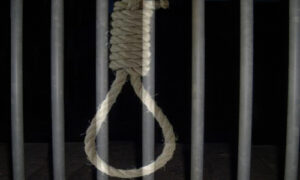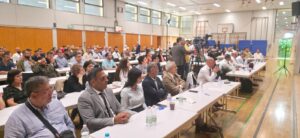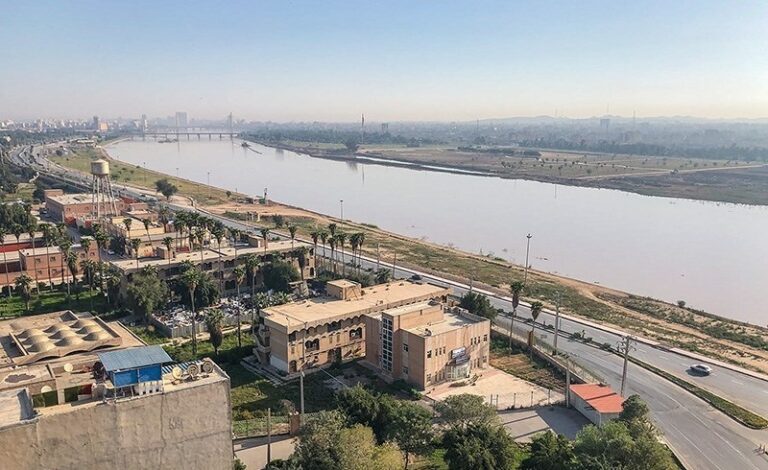The Ongoing Electricity Crisis in Ahwaz: A Struggle for Basic Needs
Ahwaz, a region rich in natural resources, is paradoxically plagued by severe infrastructural shortcomings. Despite the wealth generated from its vast oil reserves, many of its residents continue to struggle with poverty, lack of basic amenities, and crumbling infrastructure. Among the most pressing concerns is the ongoing electricity crisis, which has left residents frustrated and desperate. The situation has become so dire that many are now questioning the Iranian government’s claims about nuclear energy production, as power outages persist and essential services remain unreliable.
On February 17, 2025, a woman from Ahwaz sent a video to a local media channel, voicing her frustration over the recurring electricity cuts. She reported that power had been cut almost every other day, causing serious damage to electrical appliances such as refrigerators. The issue is not only affecting daily life but also leading to financial losses for residents who cannot afford to replace damaged equipment.
In her video, the woman described how she had left her home in search of relief at a relative’s house in another part of Ahwaz, only to find that power had also been cut there. Her experience underscores the widespread nature of the problem, showing that no area is immune to these disruptions. With summer approaching, temperatures in Ahwaz can soar to 50°C (122°F), making a stable electricity supply essential for survival. Without air conditioning or refrigeration, residents will face extreme hardship, adding to the existing struggles caused by economic instability and poor living conditions.
The electricity crisis in Ahwaz is not a new problem. Residents of Khuzestan province, where Ahwaz is located, have long suffered from inadequate infrastructure, despite the region’s significant contributions to Iran’s economy. Frequent power outages, water shortages, and air pollution are just some of the challenges people face on a daily basis. In recent years, the situation has worsened, leading to growing discontent among the population.
The Iranian regime has repeatedly claimed that it is developing nuclear energy for peaceful purposes, including electricity production. However, the persistent power shortages in Ahwaz and other parts of Khuzestan raise serious questions about these claims. Instead of benefiting from improved energy infrastructure, residents are witnessing worsening conditions, leading many to believe that their region has been neglected in favor of other priorities.
Ahwaz’s electricity crisis is just one symptom of a broader issue: systemic neglect of marginalized regions. While other parts of the country may enjoy better services, Ahwaz remains burdened with poverty, poor sanitation, and unreliable utilities. The regime’s failure to address these fundamental issues has fueled public frustration, prompting protests and calls for accountability.
For years, residents of Khuzestan have demanded better infrastructure, clean drinking water, and a reliable power supply. Yet, despite their repeated pleas, little has changed. Instead, they continue to endure worsening conditions with no clear solutions in sight. If these issues remain unaddressed, the situation will likely escalate, leading to further unrest and an increasing sense of alienation among the people of Ahwaz.
The electricity crisis in Ahwaz is not just about power outages—it is a reflection of deeper socio-economic and political issues. A region that should be thriving due to its natural wealth is instead struggling to meet its most basic needs. As temperatures rise and frustration mounts, the residents of Ahwaz are left wondering: if Iran claims to be advancing in nuclear energy, why can’t they keep the lights on in one of the country’s most resource-rich provinces? Until the regime takes meaningful action to address these concerns, the people of Ahwaz will continue to suffer, caught between broken promises and an uncertain future.
Mayasa
17.02.2025
















